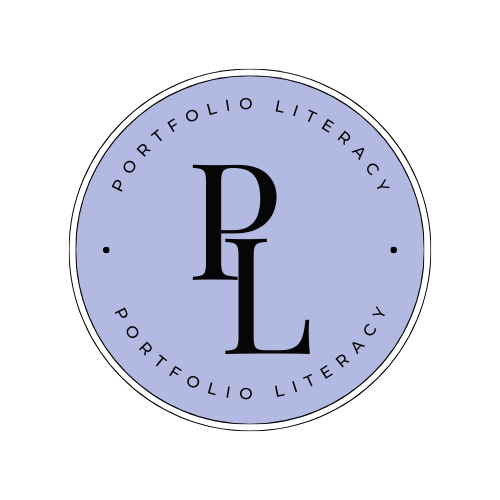Category: New Investors
I am a CPA Candidate sharing my experience building my portfolio while in my 20s. During this process of sharing information online I hope to increase free financial literacy access for all.
-
Portfolio Allocation Calculator
This Portfolio Allocation Calculator is a simple tool designed to generate portfolio allocation guidance based on three inputs: age, risk tolerance, and income. Instead of giving a single “perfect” target, the calculator provides allocation ranges across four broad groups—Equities, Credit, Cash, and Alternative Assets—so you have flexibility to build a portfolio that matches your preferences…
-
Why I’m Buying Bitcoin Here in 2026
Bitcoin’s price action this year has renewed interest from both new and seasoned investors. If you read my earlier piece “Should I Have an Allocation to Bitcoin in My Portfolio?”, you already know the main questions you should consider before you allocate to Bitcoin. Now that Bitcoin has dipped below the $100,000 level, I personally…
-
How to Reach a 100K Net Worth by Age 25
Hitting a six‑figure net worth by your mid‑twenties is a milestone that inspires both admiration and skepticism. While headlines trumpet twenty‑somethings with $100,000 portfolios, the reality is that most young adults are nowhere near that level of wealth. The U.S. Census Bureau’s Survey of Income and Program Participation shows that the median net worth for…
-
The Growing Opportunities for Retail Investors in Alternative Investing
Alternative investing has long been the domain of large institutions and high-net-worth individuals. Family offices, pension funds, endowments, and sovereign wealth funds have relied on these asset classes for decades to diversify portfolios and capture returns that don’t move in lockstep with public equities or bonds. For average retail investors access to alternatives has been…
-
Bogleheads’ Investment Simplicity: The Three-Fund Portfolio Model Explained
Investing strategies often become mired in complexity, but the Bogleheads champion a philosophy that prizes simplicity and efficiency. The Bogleheads, a group inspired by Vanguard founder Jack Bogle, advocate for an investment approach that is accessible to everyone—not just financial experts. Central to their philosophy is the three-fund portfolio model, a strategy that simplifies investing…
-
Required Rate of Return Calculator
Required Rate of Return Calculator Required Rate of Return Calculator Enter your current principal, contribution plan, and time frame. Pick a goal (or type your own), and we’ll compute the annual return you’d need to hit it. Choose Target Value $100K $500K $1M $10M Custom Tip: Select a preset or choose “Custom” and type any…
-
Building a 50/30/20 Portfolio at a $100K Net Worth
Reaching a six-figure net worth is a milestone that reshapes how many people view their financial future. At $100,000, compounding begins to feel tangible: a seven percent annual return translates to $7,000 in growth without any new contributions. Allocation suddenly matters more than the pace of saving, and how you divide your portfolio will influence…
-
Dividend Portfolio Calculator
Dividend Growth & DRIP Calculator Dividend Growth & DRIP Calculator Starting Balance ($) Annual Contribution ($) Investment Period (years) Dividend Frequency AnnualSemi-AnnualQuarterlyMonthly Starting Dividend Yield (%) Dividend Growth / Yr (%) Share Price Growth / Yr (%) Reinvest Dividends (DRIP) Enabled Taxable Account? Yes Dividend Tax Rate (%) Yield Dynamics Apply dividend growth each year…
-
Dividend Portfolio: 20 Year Dividend Income Calculator
20 Year Dividend Income Calculator 20 Year Dividend Income Calculator Principal Investment ($): Average Dividend Yield (%): Average Dividend Growth Rate (%): Reinvest Dividends Calculate Year Starting Investment ($) Dividend ($) How the Dividend Income Calculator Works Our Dividend Income Calculator is a powerful tool designed to help investors project their future dividends over the…
-
Municipal Bond Yield to Maturity (YTM) & De Minimis Rule Calculator
This free Municipal Bond Calculator will estimate a bond’s return if held to maturity and instantly check the IRS de minimis market discount rule. The tool computes years and periods to maturity and flags whether the bond’s discount is within or above the de minimis threshold, helping you understand if any market discount would be…
